In the mountains of Colombia, especially in the Páramos, Sergeant Edwin Agredo, in his green uniform and marsh boots, is with his rescue team. There, in the thick fog and cold, he fights to save the frailejones.
Conforme a los criterios de

(Lea esta historia en español, aquí)
These ecosystems are very important, they are sources of water and life. I've been doing this for six years and we in the army are committed to biodiversity, nature and the environment,' says the sergeant.
According to Agredo, the saddest thing he has seen during this time is the forest fires that are destroying life in Colombia's páramos.
These devastating heat waves are complex, the product of indiscriminate forest fires, and it is even harder to see some of the wildlife caught in the fire, burned, looking for help to survive,' the sergeant notes with nostalgia.
At 40 years of age and with almost 20 years of service in the national army, this soldier has won the hearts of the communities high in the mountains, who now see him as the guardian angel of the frailejones of the 29th Brigade in Popayán.
For the past six years, Agredo has dedicated his life to the care of these plants, the rescue and restoration of which has been his greatest challenge and odyssey.

The army sergeant who rescues and restores frailejones in Colombia.
Foto:Cortesía
He explains the process step by step: "Restoration is done by means of the germination system, in some important projects that we army soldiers have. We have 11 projects at national level, specifically aimed at the propagation of frailejon and in coordination with institutions and communities in different parts of the territory, where we are making an impact with this species, trying to mitigate global warming".
Although not all of the frailejones can be restored, the sergeant claims that without the attempt to save them, their fate would not have been known, and the result was the reward.
"There are more than 50,000 frailejones that have been brought to the area where the páramo ecosystems are located. In this particular case, we have the páramo of San Sebastián; we also have the páramo of Santurbán, one of the most emblematic in Colombia, among others, that we are trying to bring this species and mitigate the negative effects of forest fires and illegal mining," emphasises the sergeant.
But working alone was not enough and he needed a team. "My work team, we are about 15 men, we are distributed in the collection of seeds, others on the issue of articulated work with the population, entities and universities".
The sergeant assures us that the goal is that of all of us, a single goal, to be able to launch this project and give life to what gives us life.
The uniformed officer is part of the COP16 Green Zone in the capital of Valle del Cauca.
Laura García
Special Envoy for COP16
Editor's note: This text is an artificially intelligent English translation of the original Spanish version, which can be found here. Any comment, please write to berdav@eltiempo.com

.png) hace 2 meses
30
hace 2 meses
30


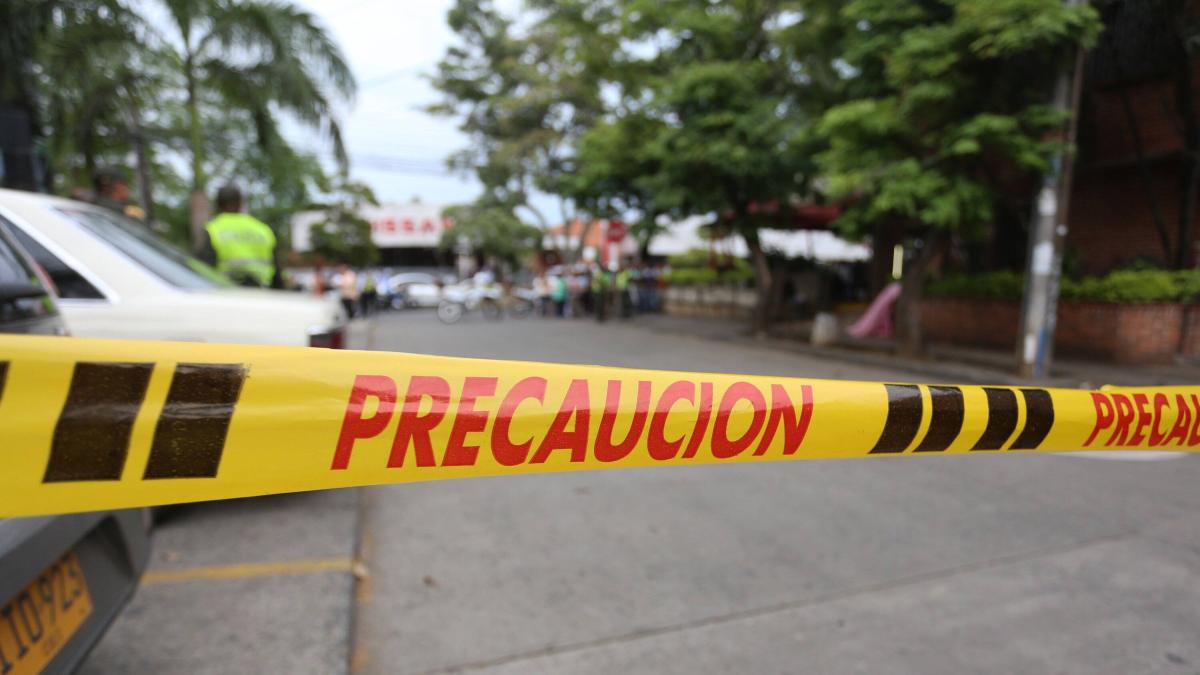

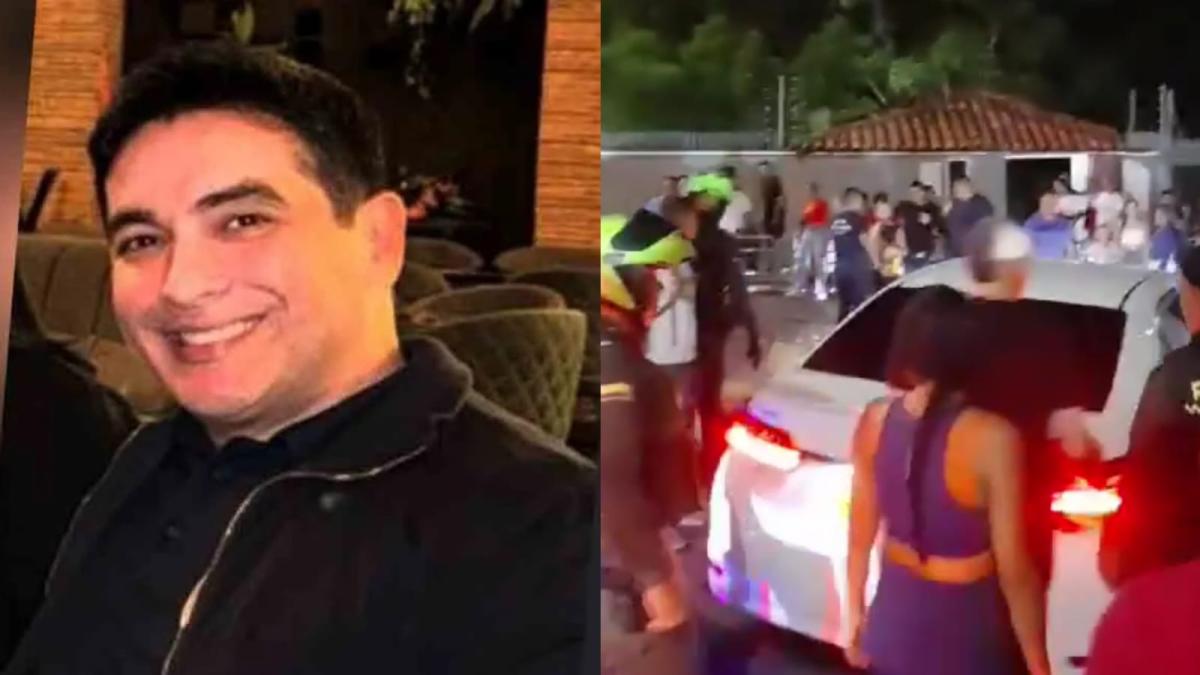
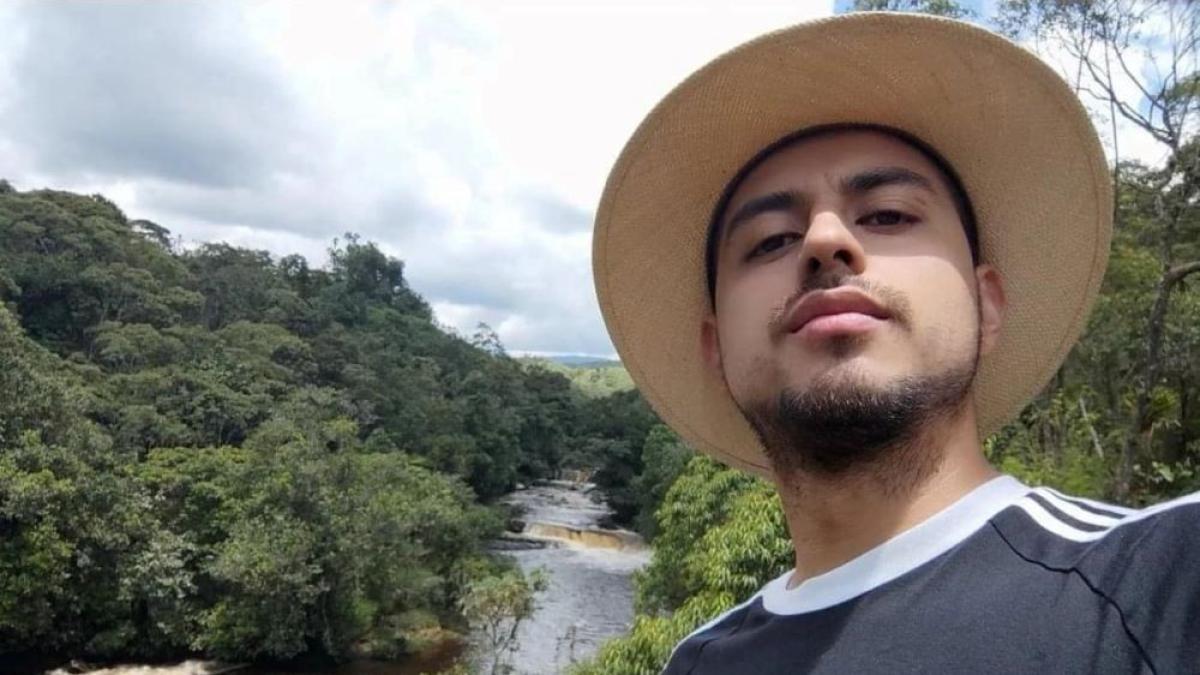
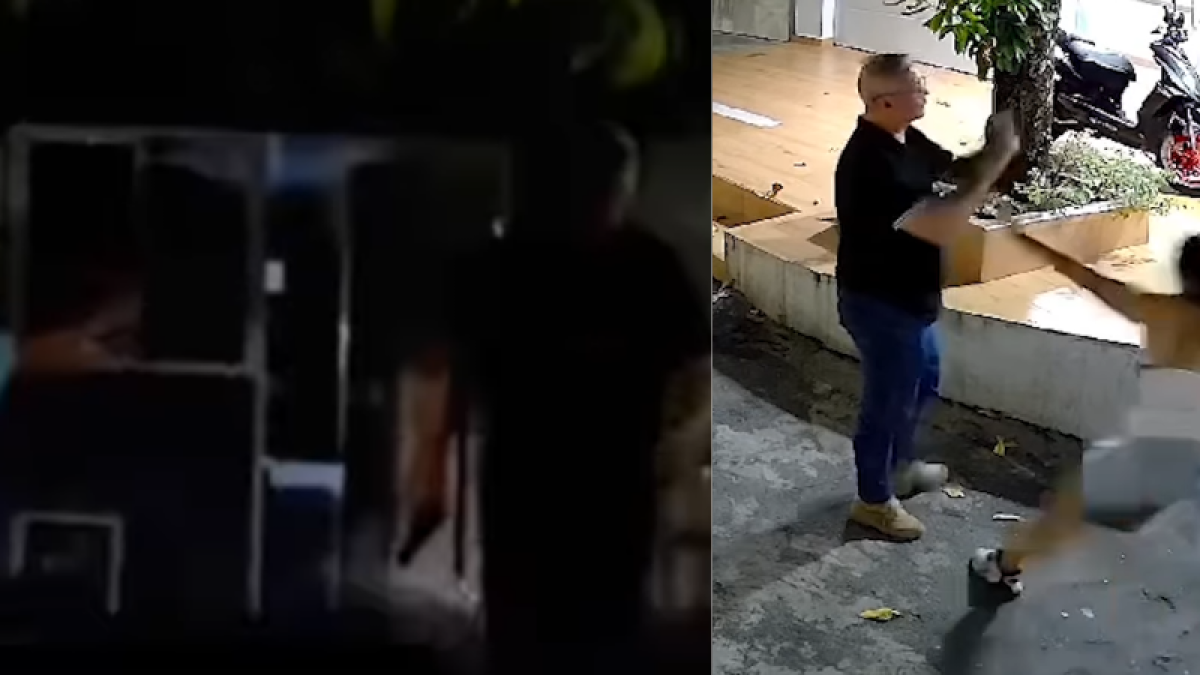
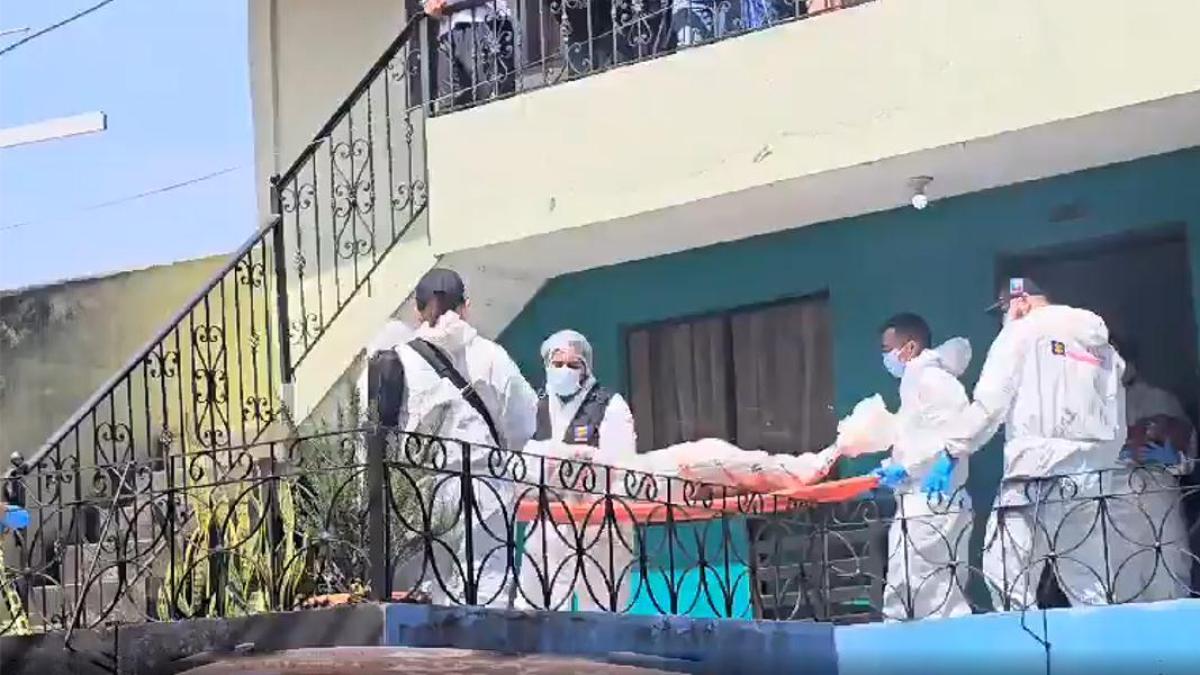
 English (US) ·
English (US) · 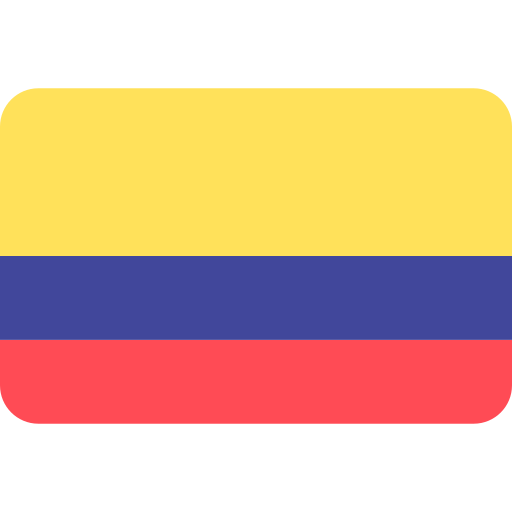 Spanish (CO) ·
Spanish (CO) ·